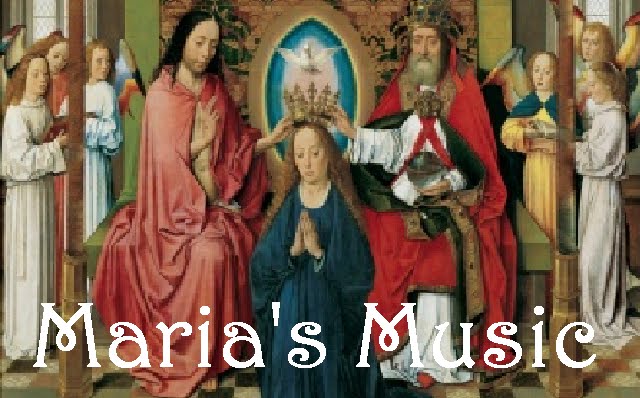The first is here. In it I discussed the first 3 lines in detail. I said that they are about self struggle between a life of material goods and a life that strives for God which the character is going through.
The second is here. In that I discussed the several meanings of many of the words in the second 3 lines. The first one and this following one have far more content than this second post.
Today I will give my interpretation of those same 3 lines. They are below:
You count on your fingers
Pitches you ought to be and soon
Just let them call you
Firstly, these lines strike me as a bit ambiguous. I think they need to be understood in two different lights. This duel understanding is set up in the first line. It could mean either "you rely on your fingers" or "you keep track with your fingers".
If we consider the first meaning the character is delicate, as manual laborers normally rely on hands, not their fingers. I tend to think this line means that she is a musician, but it could really be any skilled profession. Doctors, lawyers, accountants all use their fingers, but most people would consider the mind the most important organ for those professions. Certainly though the mind is the most important organ for all professions so which profession the character is interested in is not a concrete science. I think she is a musician but unlike other lines I’m unable to pin this line exactly.
If we consider the second meaning (“you keep track with your fingers”) the main character is ambitions, but possibly to a fault. She has a set place for herself in the world 20 years before she arrives there and she will achieve it. She is the kind of person that might cares more about what others think she knows (grades) than what she actually knows. She can manipulate people into doing what she wants perfectly. And because of that this type of “success” is the only thing she knows. Not continuing the trend would be irresponsible, lazy and could derail her life.
I think these two meanings are intentional and can be seen through out the 3 lines. They are supported by the next line (“pitches you ought to be and soon”). Pitches here is the word with two meanings. Supporting our first understanding of the first line, mainly that the character is a musician, pitches is a musical word. But this understanding does not make sense in the rest of the line as a person cannot be a musical note. So, in reference to our first understanding of the first line I think “pitches” is just a little wink of the eye that we are not too far off thinking the main character is a musician.
We have already said that the character is ambitions, but almost to a fault. She has her life all planned out, and in this sense pitches would mean an elevation that she needed to reach (Pitches is not a normal word to describe this when talking about careers, which further enforces my belief that the writer intentionally put this little nod of the head in there).
The line in whole is “pitches you ought to be and soon”. The word “ought” has a connotation of guilt. In the first lines the writer was talking to the character and used imperative commands like “listen” and “hear”. So the word “ought” comes from somebody other than the writer. I think this person has said “you ought to be this or that” so many times that now the character believes they ought to do it. The sense of urgency ("ought to be and soon") only reiterates this belief that she must achieve it. Every moment wasted makes her less apt to be the best at what she ought to do. But what ought she to do? We can only guess at this point, but I will reiterate the dichotomy I raised in my first post. The character could chose between a life fueled by the desire for material goods (a rich doctor, lawyer, engineer) and a life fueled by the desire for God and his infinite goodness.
The last line “just let them call you” is the most ambiguous, in my mind, of the three. Who are “them” and what are they calling about? I haven’t been able to think of anything this line adds to the lyrics, merely what it reinforces. It may be meant to settle the character, who is anxious about what she ought to do with her life and to warn the character against planning her life out and wait until she is called to do something. Them would be her employers and they would call her about jobs. In terms of our overall understanding thus far of the decision the character is making, them could also be God. But why is it plural then? I could be that the Holy Trinity is being referred to here (Saint Catherine is a catholic saint, though other denominations also acknowledge Saint Catherines. As I have said it is a popular name for saints). It is also possible that being called to do something in the physical realm is being used as a metaphor for being called to do something in the spiritual realm.
I will flesh this idea out in a latter post. To give an enticing ending before the sequel like the movies, I will give this one, under investigated and premature, idea: The character can chose between being a musician and being a money maker. This choice is being used as a metaphor for the choice between striving for union with God and striving for lots of material possessions. I’ll have to think about that further.

0 comments:
Post a Comment